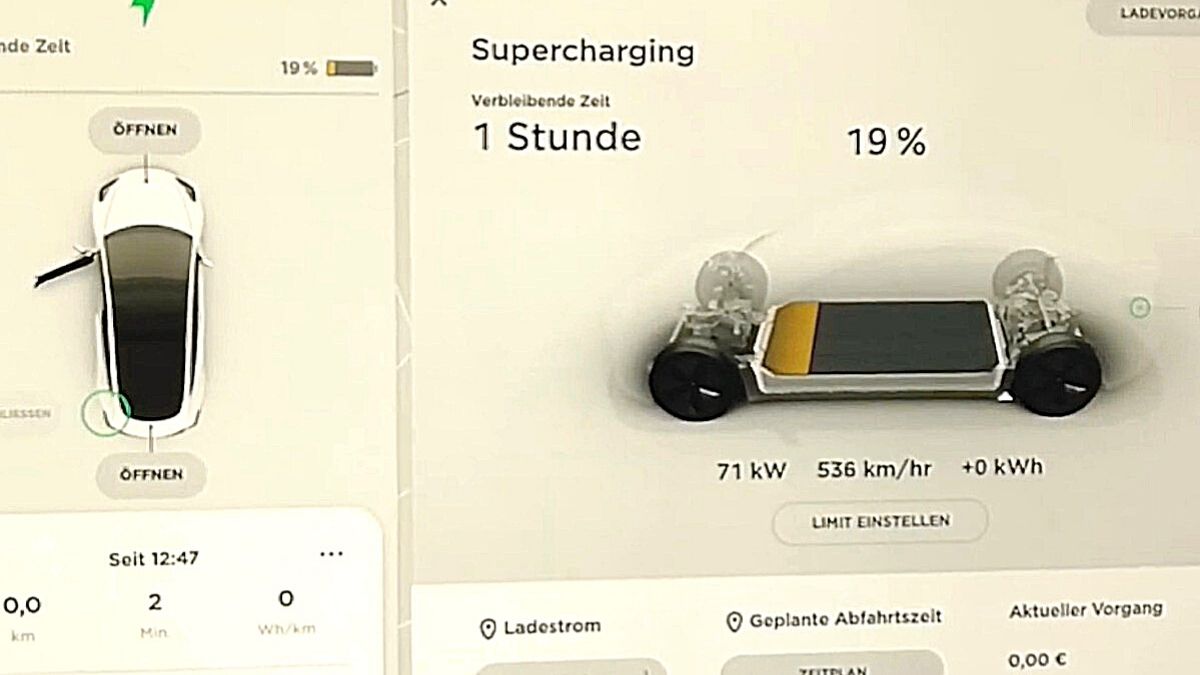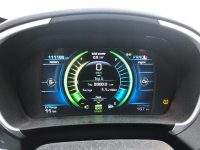expanding use of or considering lithium-iron more and more
Having built a component-level LifePo4 (lithium iron phosphate) battery, I learned a TON on the topic.
The big benefits is that they are a stable chemistry (not prone to bursting into flames if damaged), and their energy density is amazing.
The biggest hurdle and perhaps a big reason their use EV's may never happen is that they absolutely positively can NOT be charged if even one of the cells is below the freezing point. If they are charged below freezing (at anything beyond a trickle, but that's another story and gets into nitty gritty details, but for all intents and purposes....they cannot be charged below zero degrees celsius) they are severely degraded at best, or permanently damaged/shorted out at worst - the pack would basically become non viable for the car any longer.
Yes, thermal management can ensure they never get that cold (or are warmed up before charging) and aren't damaged as a result, but that creates issues that will almost certainly hamper consumer adoption - would you buy a car where you might, under some circumstances, not be able to charge it if it was left cold soaking somewhere for hours or days at well below zero? Even on the Volt which has amazing thermal management I've seen it take 15-20 minutes for the pack to warm up from deep cold (below -20) to above zero with the car turned on.
Yes, the pack could self-heat when the car is otherwise parked, but that consumes range, and again, would you want a car that had 60% range you arrived at a friends cottage late on a Friday night (with nowhere to plug in), and when you start it up Sunday afternoon to drive home you find it suddenly at 30% range because a 4-6kw heater cycled on and off all weekend long while it was sitting cold soaking?
There's enough hurdles to EV adoption as it is without these sorts of caveats that people can use to go "yeah, I don't want to deal with that BS".
























